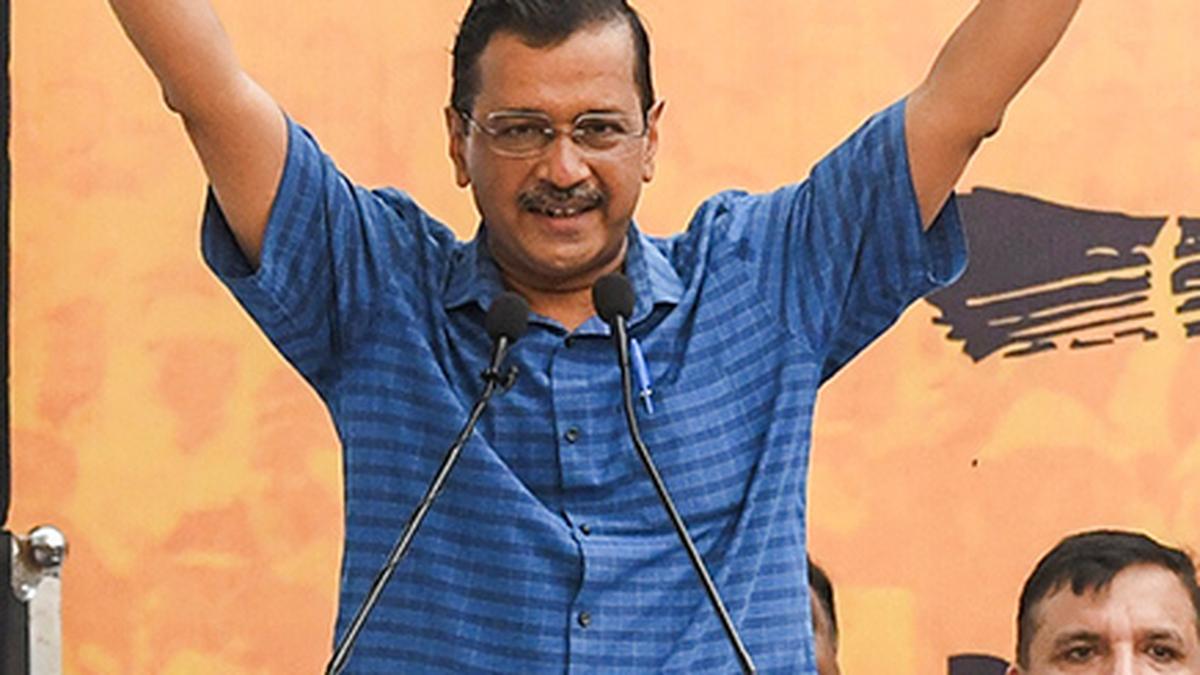
Khamenei's remarks came amid heightened global scrutiny over Iran's stance on various geopolitical issues. The Iranian leader denounced what he described as the "oppressive" actions of certain nations, singling out India for its handling of internal and external political situations. This linkage between India's policies and the conflicts in Gaza and Myanmar has led to a sharp rebuke from New Delhi.
India's Ministry of External Affairs responded swiftly, issuing a statement condemning Khamenei's comments as "baseless" and "unwarranted." The Indian government emphasized that the remarks were an attempt to deflect attention from Iran's own controversial actions and policies. New Delhi's reaction underscores its commitment to maintaining its stance on international human rights and conflict resolution, while firmly rejecting any attempts to involve it in unrelated global issues.
The tensions between Iran and India are not new, but Khamenei's latest comments have further strained diplomatic relations. India has traditionally maintained a balanced approach in its foreign policy, advocating for peaceful resolutions and humanitarian efforts without being directly involved in the conflicts mentioned by Khamenei. The linkage of India's name with these disputes has been seen as a deliberate attempt to undermine India's position on the global stage.
The geopolitical context surrounding these comments is complex. The situation in Gaza remains volatile, with ongoing clashes between Israeli forces and Palestinian groups, while Myanmar is grappling with severe internal strife following the military coup and subsequent humanitarian crises. Iran's position on these issues has often been at odds with Western nations and other global players, who have criticized Tehran's support for certain factions in these conflicts.
India's role in international diplomacy has typically been one of cautious engagement, particularly with respect to Middle Eastern and Southeast Asian conflicts. The country's focus has been on fostering economic ties, advocating for multilateralism, and promoting stability through diplomatic channels. India's response to Khamenei's comments reflects its broader strategy of addressing international criticism while safeguarding its own policies and interests.
The diplomatic fallout from Khamenei's remarks also highlights the broader tensions between Iran and several Western nations, including India. The criticism of India serves as a reminder of the complexities involved in international relations, where geopolitical alliances and rivalries often shape the narrative. The situation further complicates efforts to address the ongoing conflicts in Gaza and Myanmar, with international actors navigating a delicate balance of diplomacy and policy.
